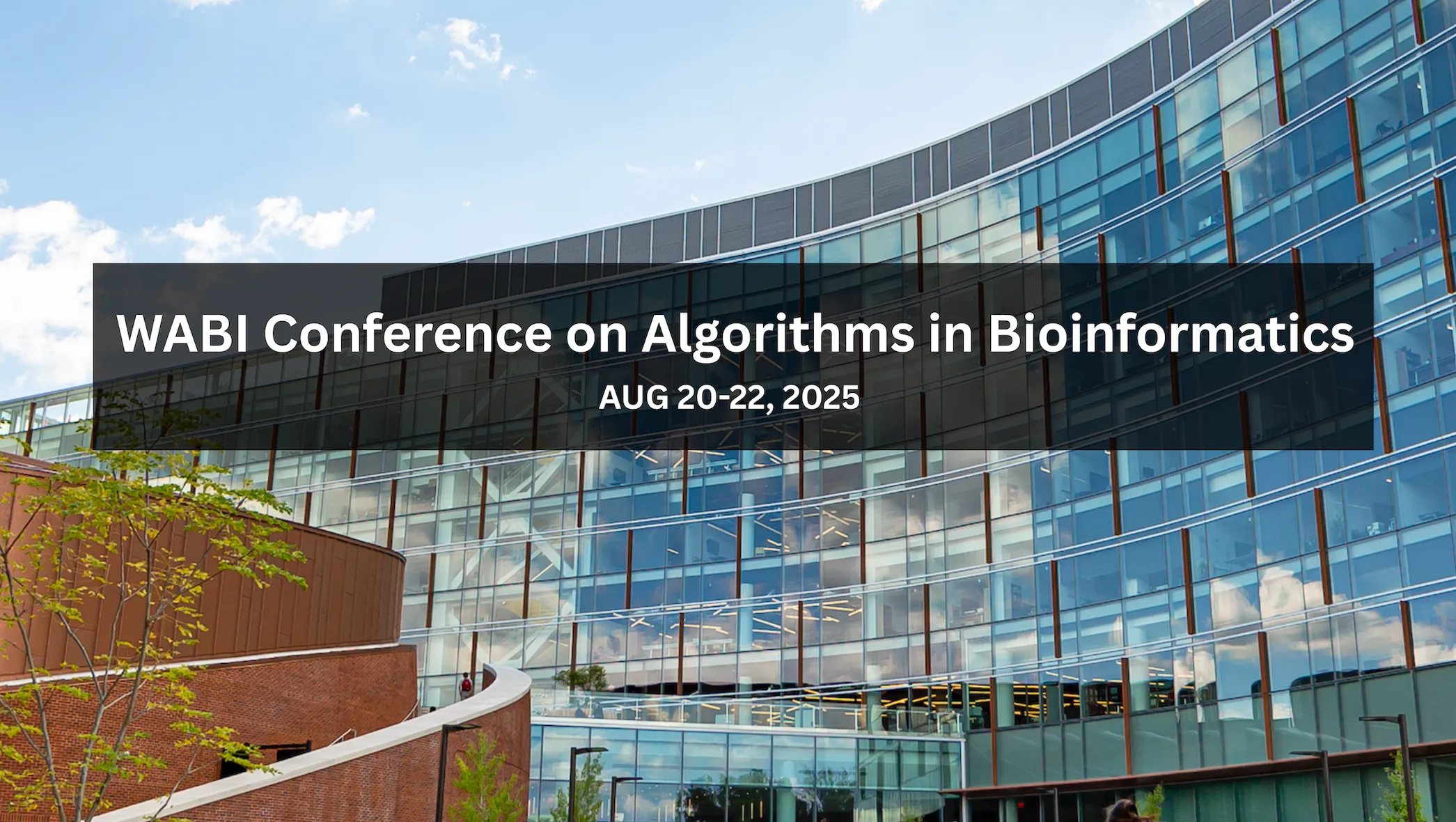
UMD to Host International Conference on Bioinformatics Research
The event will focus on discrete algorithms and machine learning tools that can address important challenges in molecular biology.

Molloy Receives NSF CAREER Award to Advance Evolutionary Biology with Novel Computational Tools
The award supports the development of advanced computational methods to uncover deeper insights into species’ evolutionary relationships.

UMIACS Researchers Track the Rise of Deadly Bacteria in Maryland’s Coastal Areas
Kyle Brumfield and Rita Colwell are developing a forecasting system that can predict the risk of coming into contact with Vibrio bacteria.
Algorithms and Data Structures for Analyzing Genomic Data
We’re active in the development of computational algorithms for analyzing biological data generated through high-throughput experimental techniques, such as sequencing technologies. Our experts are also active in the design of algorithms and data structures for processing, organizing, indexing and querying high-throughput genomics data.
Gut Health and Nutrition
We’re exploring how research and scholarship in the microbiome sciences can result in an integrated, unifying approach to balance and optimize the health of people, animals, and the environment. This includes the use of innovative tools to measure microbial functions and improving health outcomes through microbiome modulation.
Remote Sensing to Track Disease Outbreaks
Our experts pioneered the use of bioinformatics combined with satellite imaging and other remote sensing devices to predict and monitor waterborne diseases like cholera.
Parasitism and Host Pathogen Interaction
Using approaches that include the development and application of molecular, computational and phylogenetic tools, we are studying of the biology of parasitism and host-pathogen interactions using genomic approaches and other methods.
Machine Learning for Computational Medicine
Our experts use machine learning, data mining, biomedical data science, and other methods to address a broad range of biomedical problems, including Alzheimer’s disease, Parkinson’s disease, mobility issues, and more.
Accurate and Computationally Efficient Phylogenetic Inference
Through laboratory experiments, field sampling, and advanced molecular methods, our experts are exploring arthropod evolution in response to human-mediated environmental change and are enhancing the processing of high-throughput genome sequencing data through evolutionary modeling.
Research
CBCB brings together researchers from many disciplines, including computer science, molecular biology, genomics, genetics, mathematics, statistics, and health computing, all of whom aspire to gain a better understanding of how life works.
We maintain robust partnerships with physicians and clinicians at the University of Maryland, Baltimore through formalized agreements like MPowering the State and the University of Maryland Institute for Health Computing.
